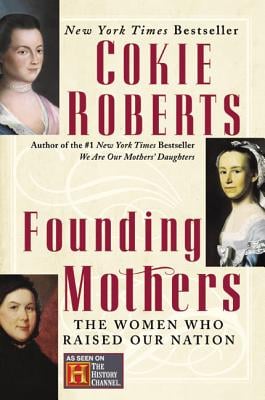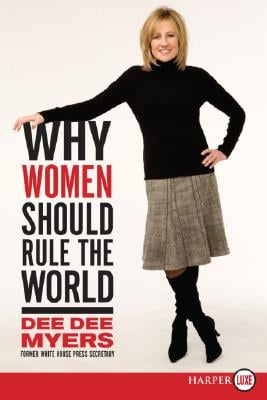I first encountered Sei Shonagon in a college course about the personal essay. We talked about her tone in the essay “Hateful Things,” and I wrote about the credibility of her critique. “Hateful Things” is an interesting piece when considered as an essay because it doesn’t read like any other essay I read for that






